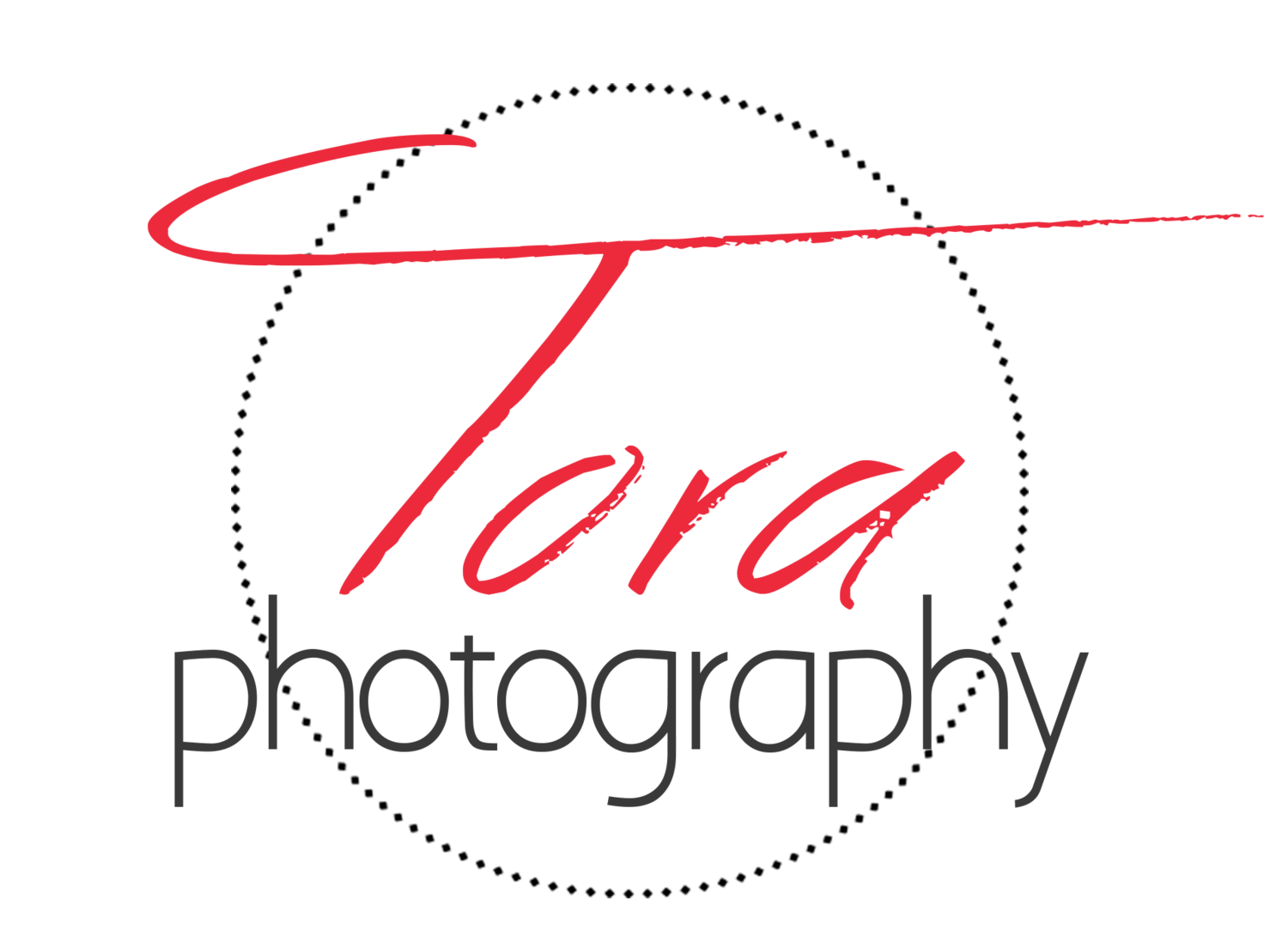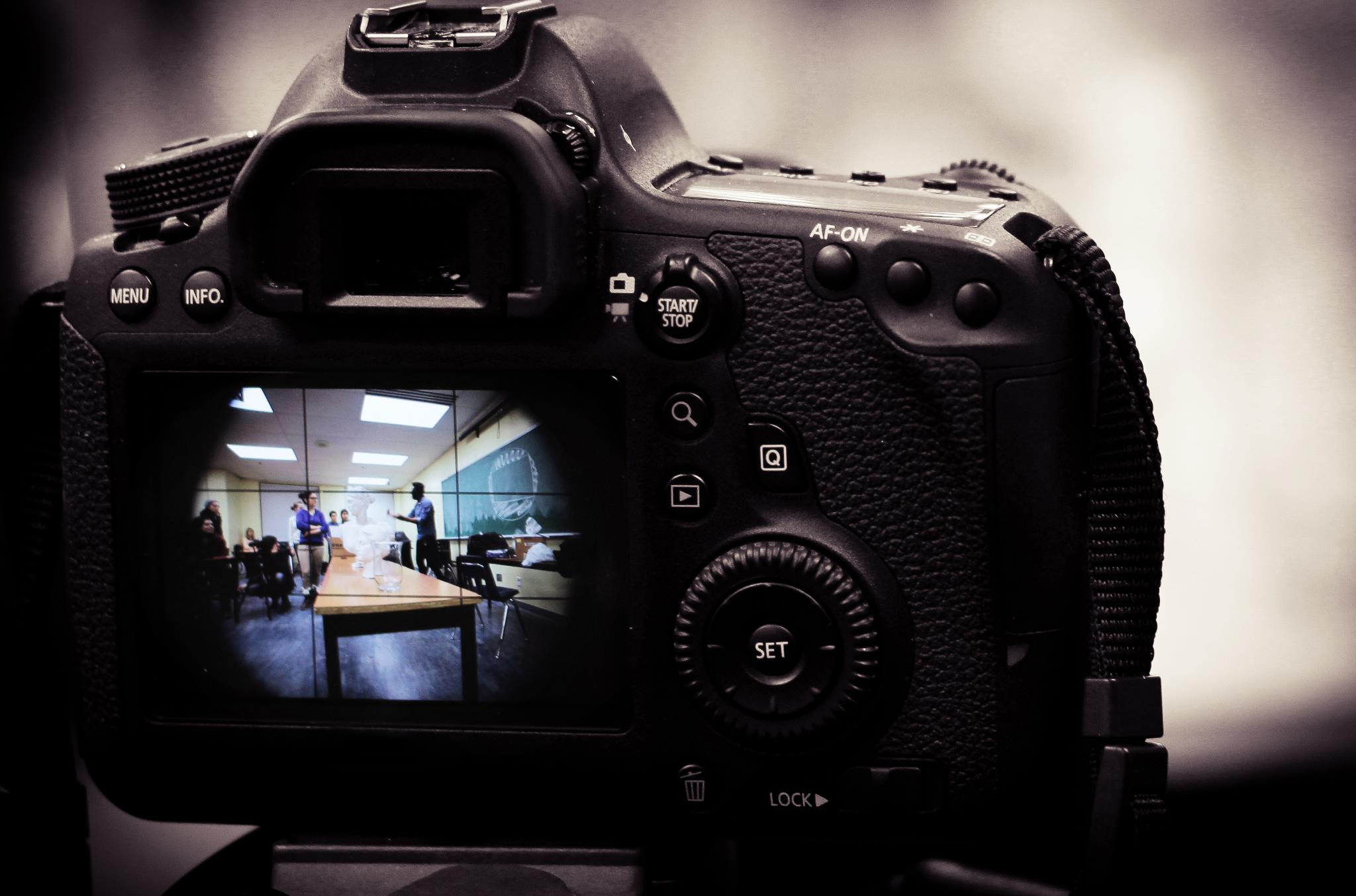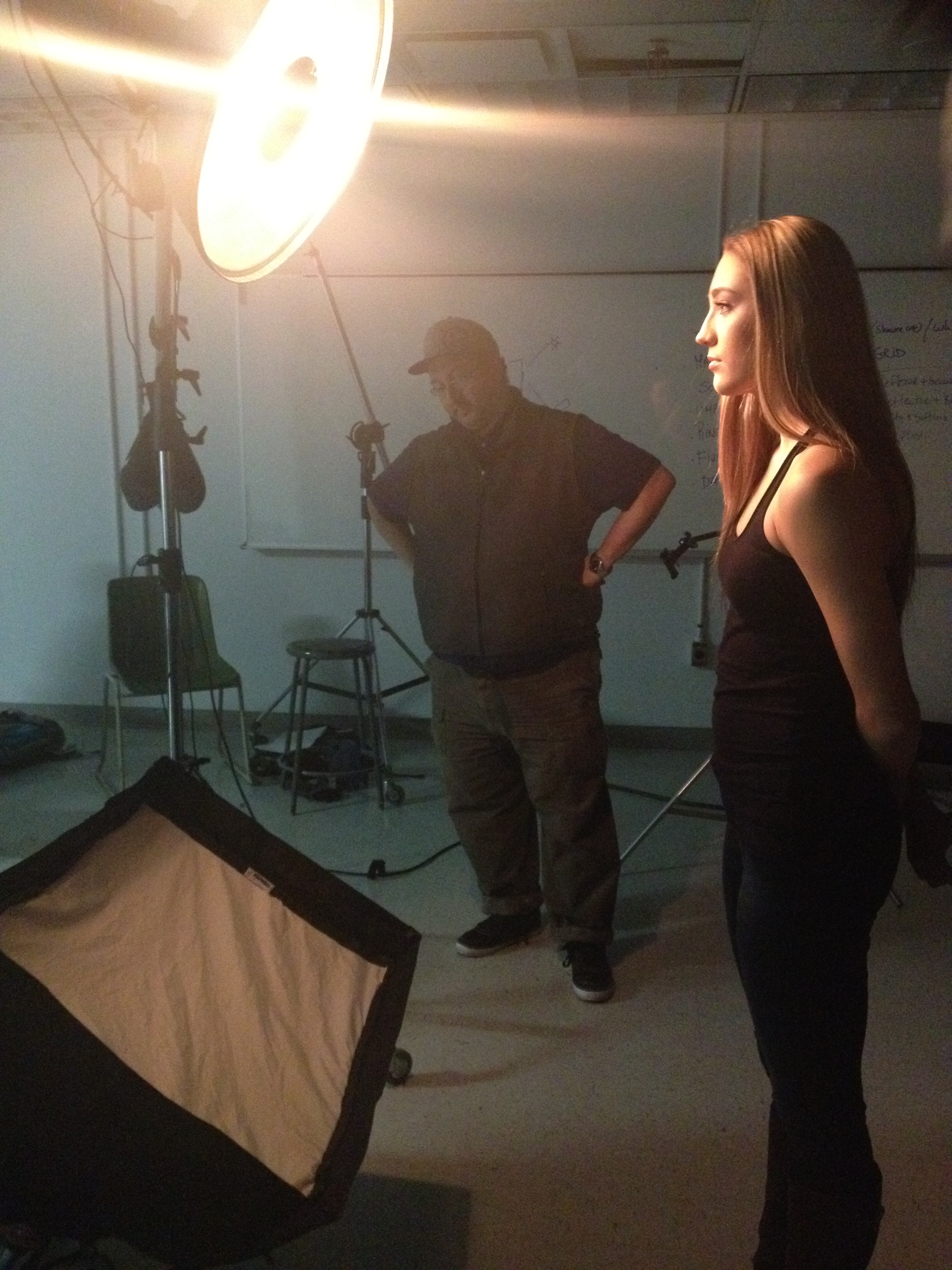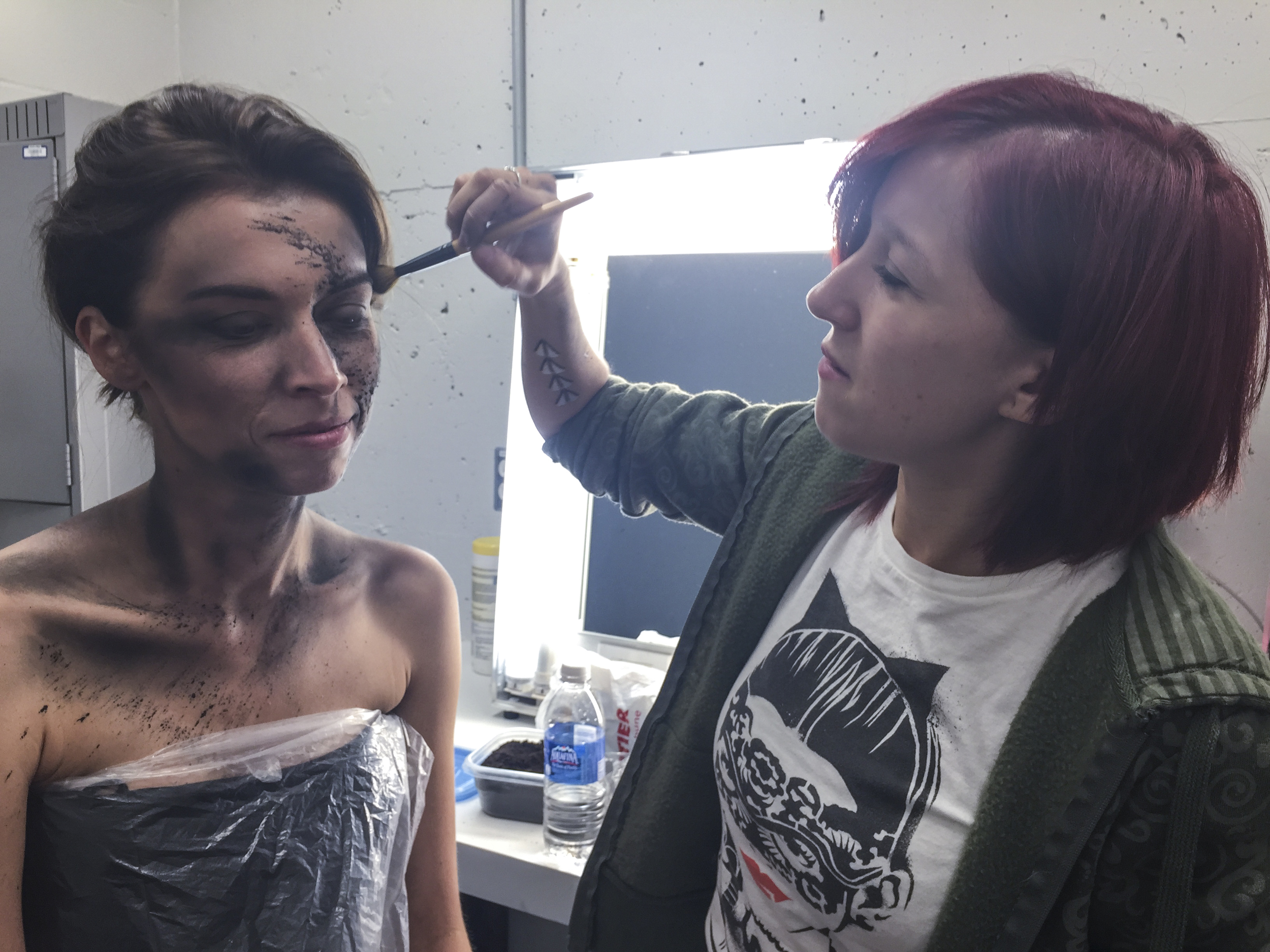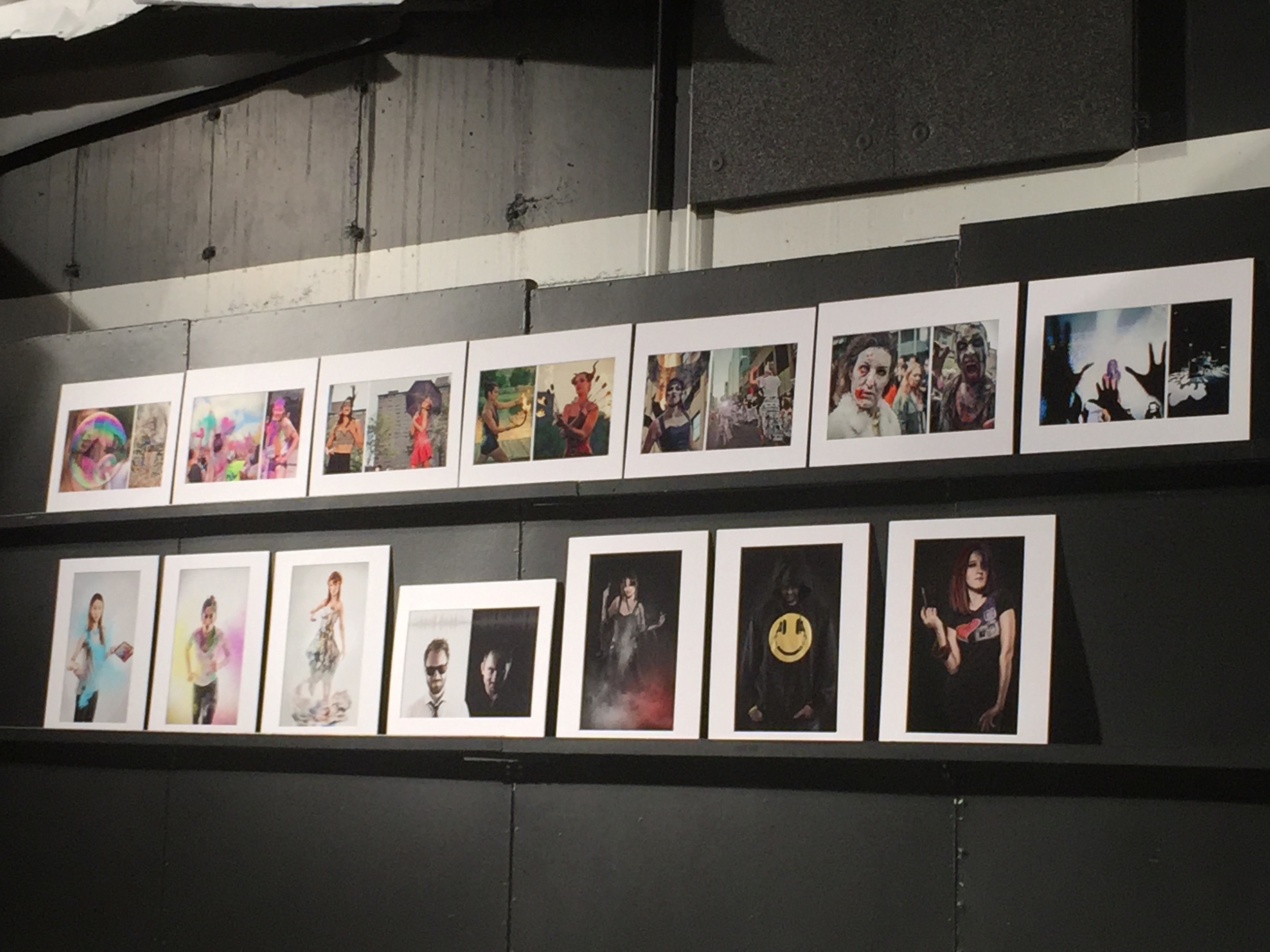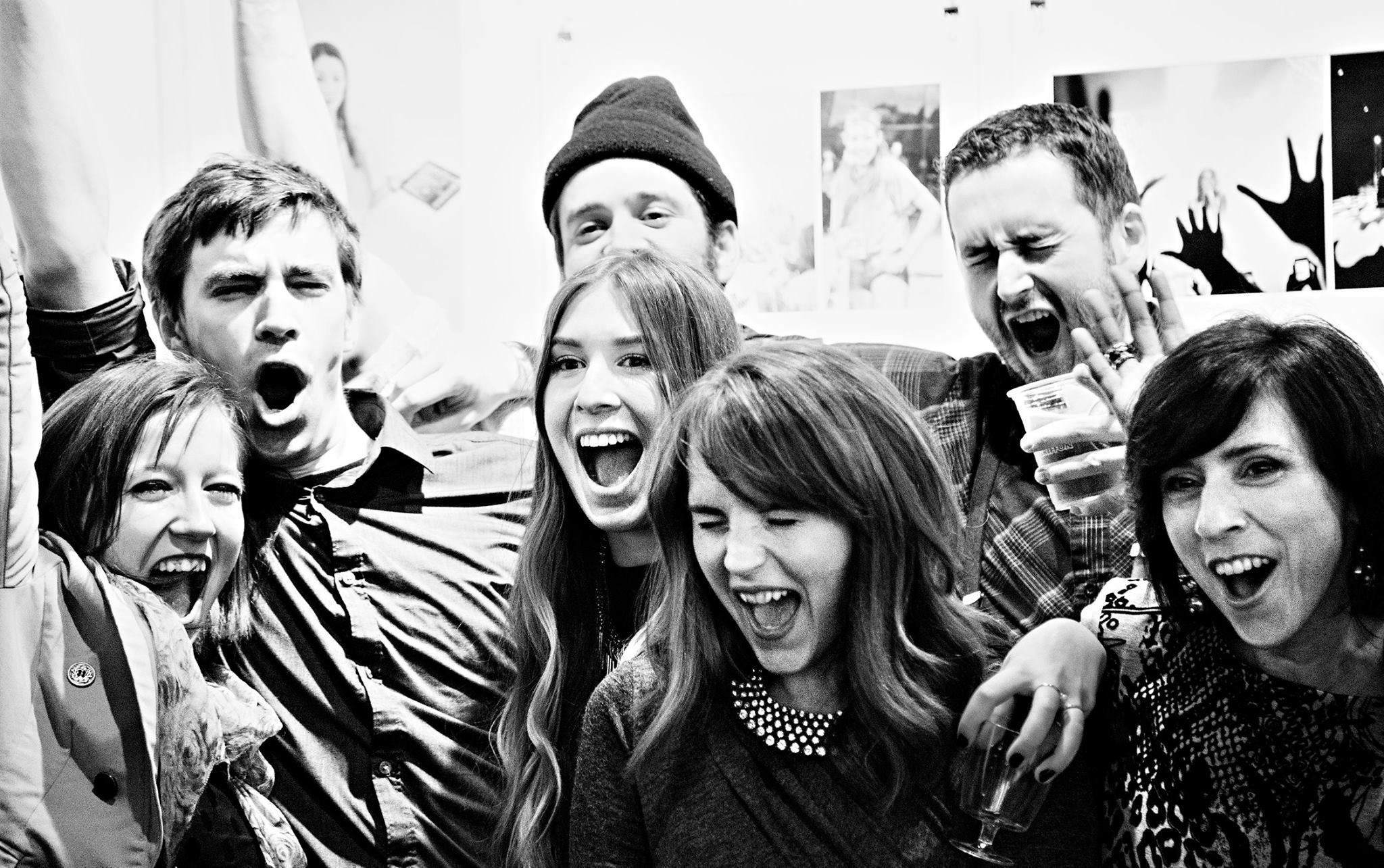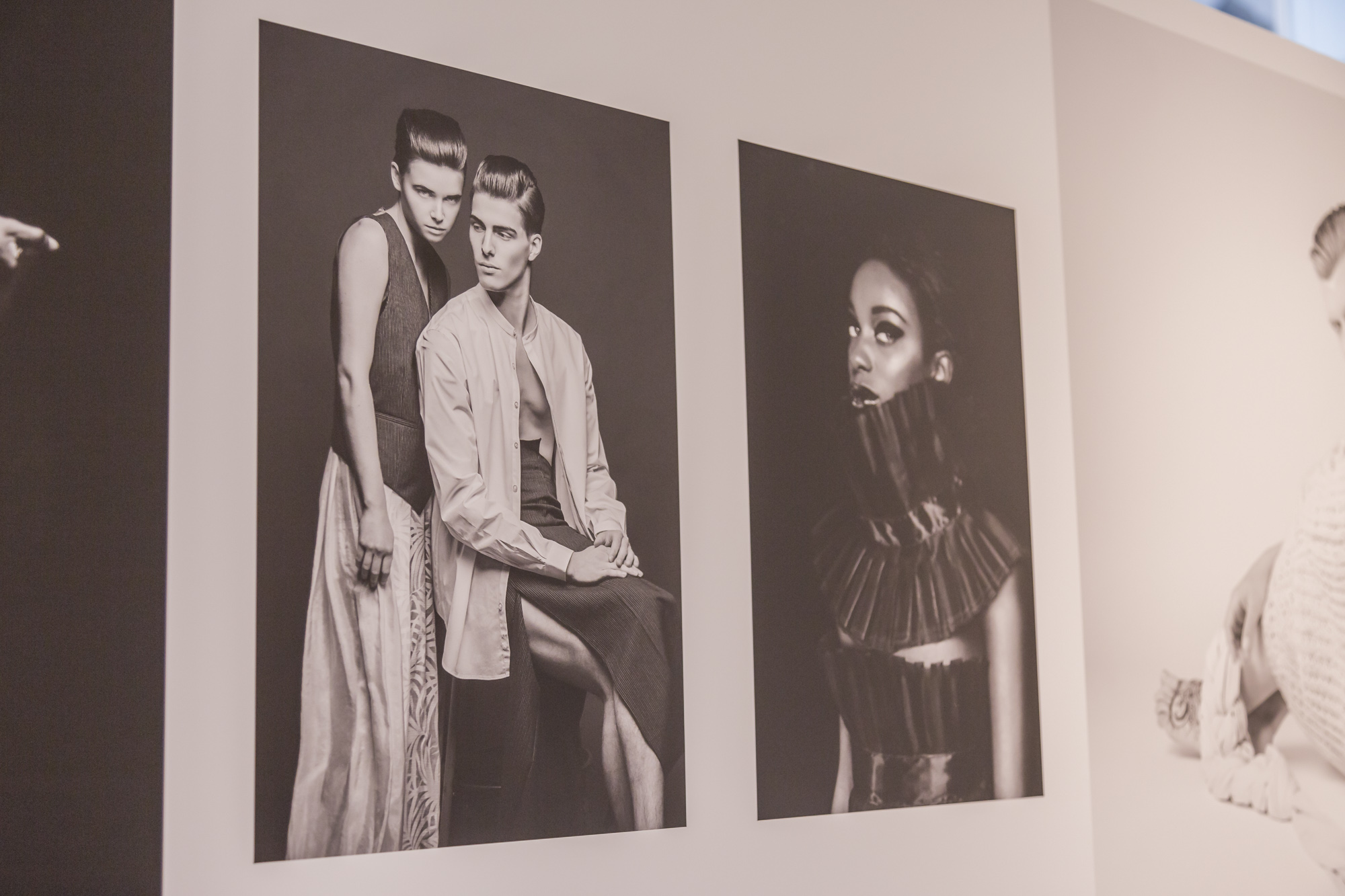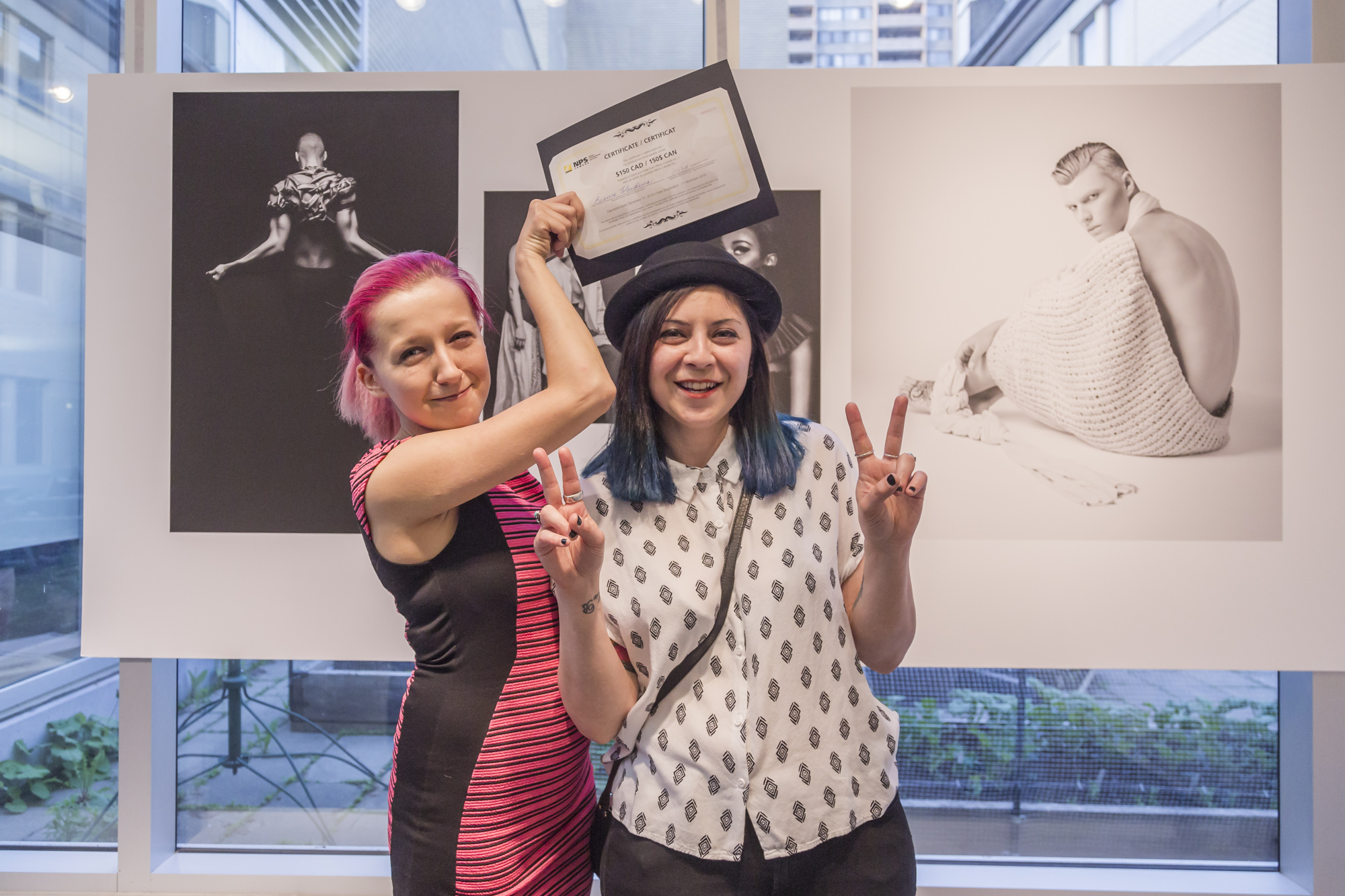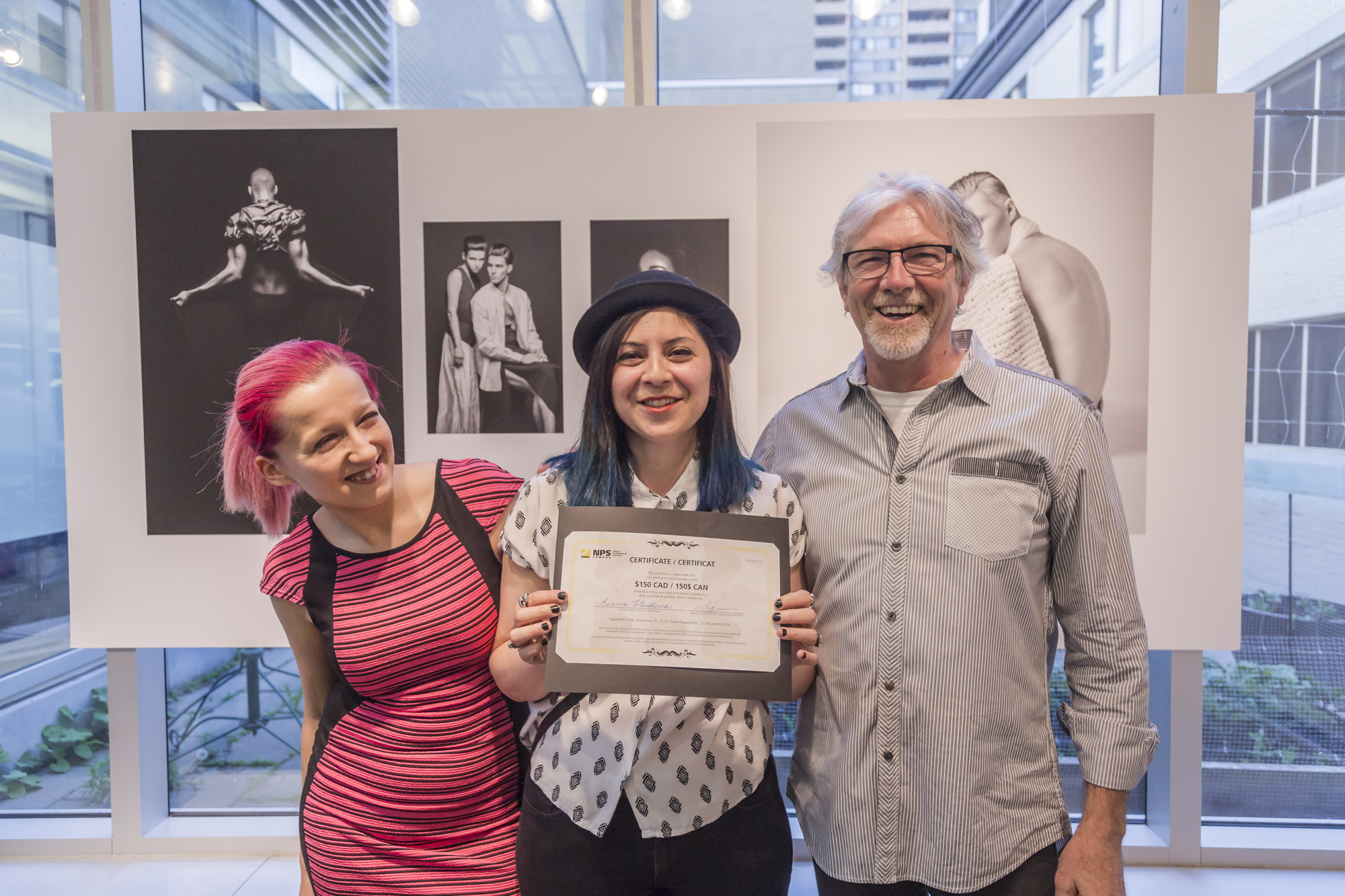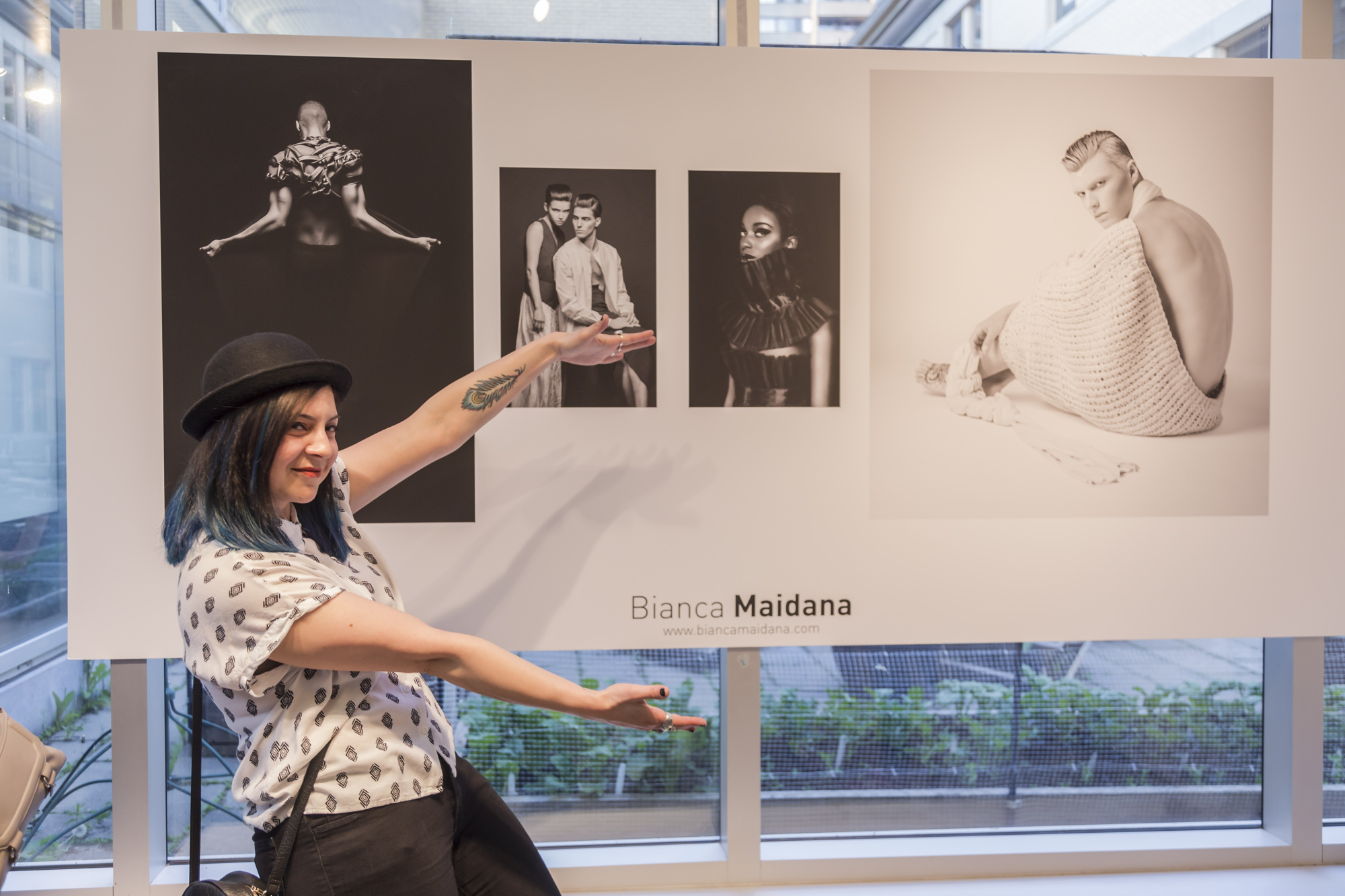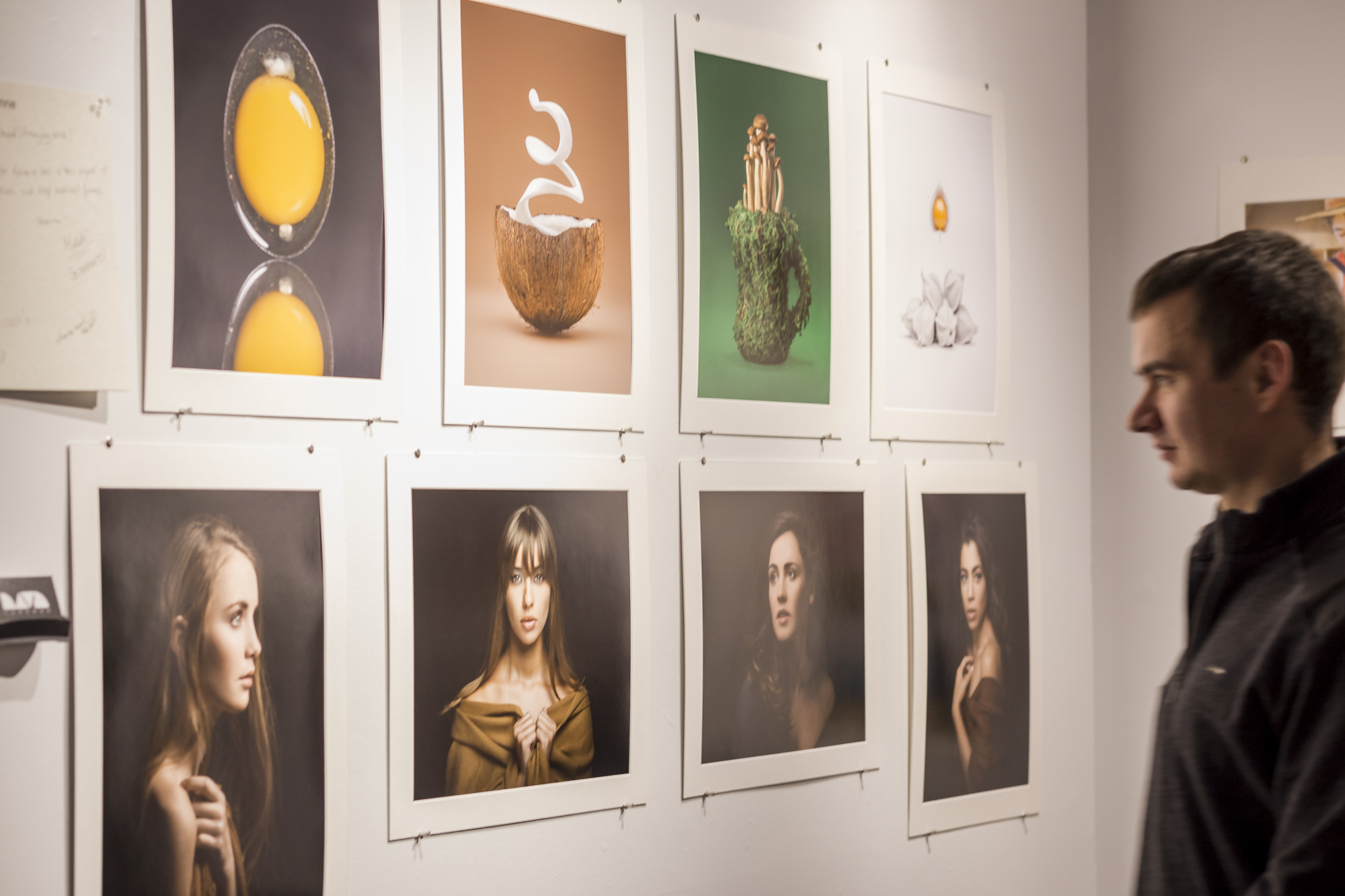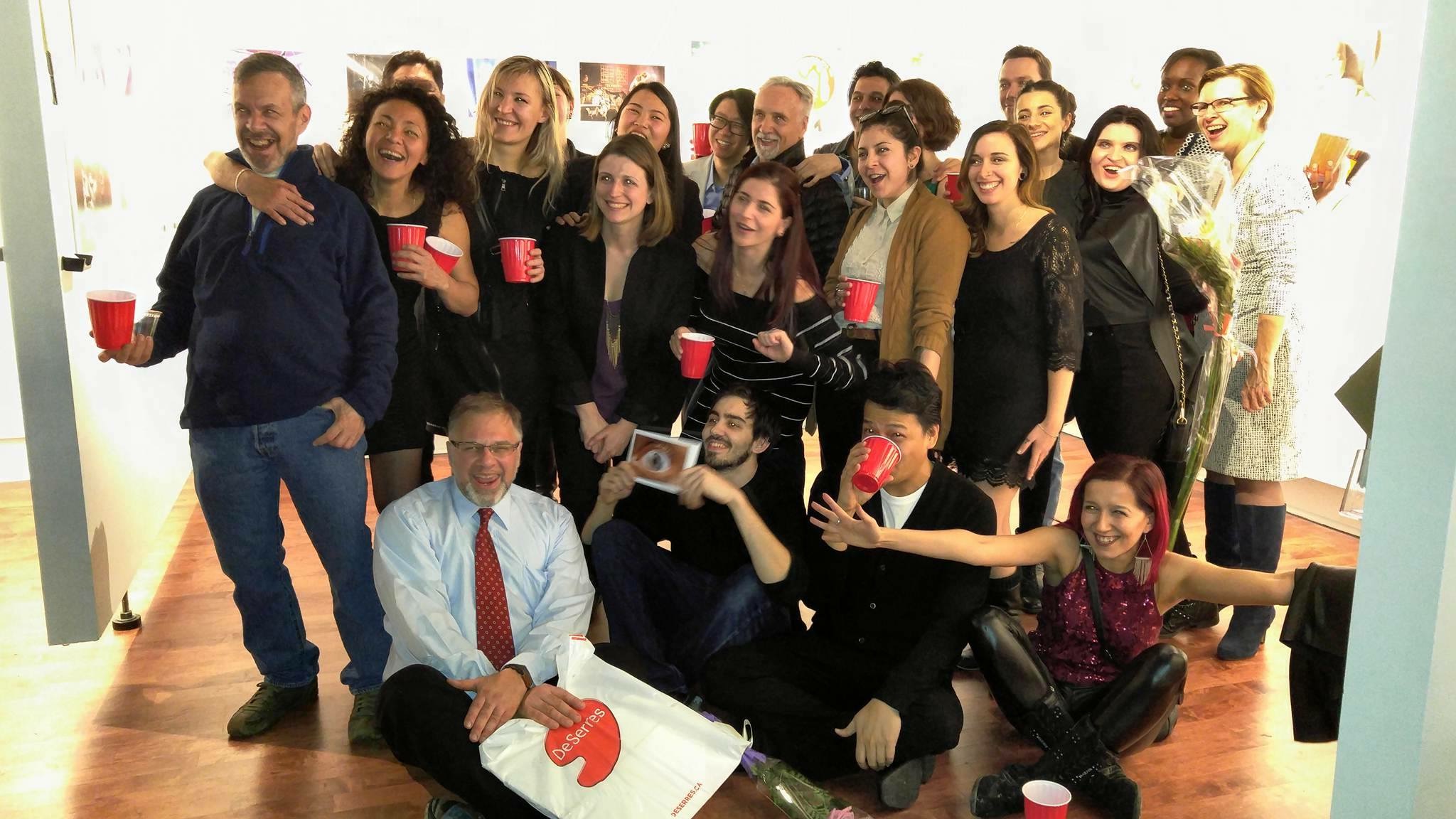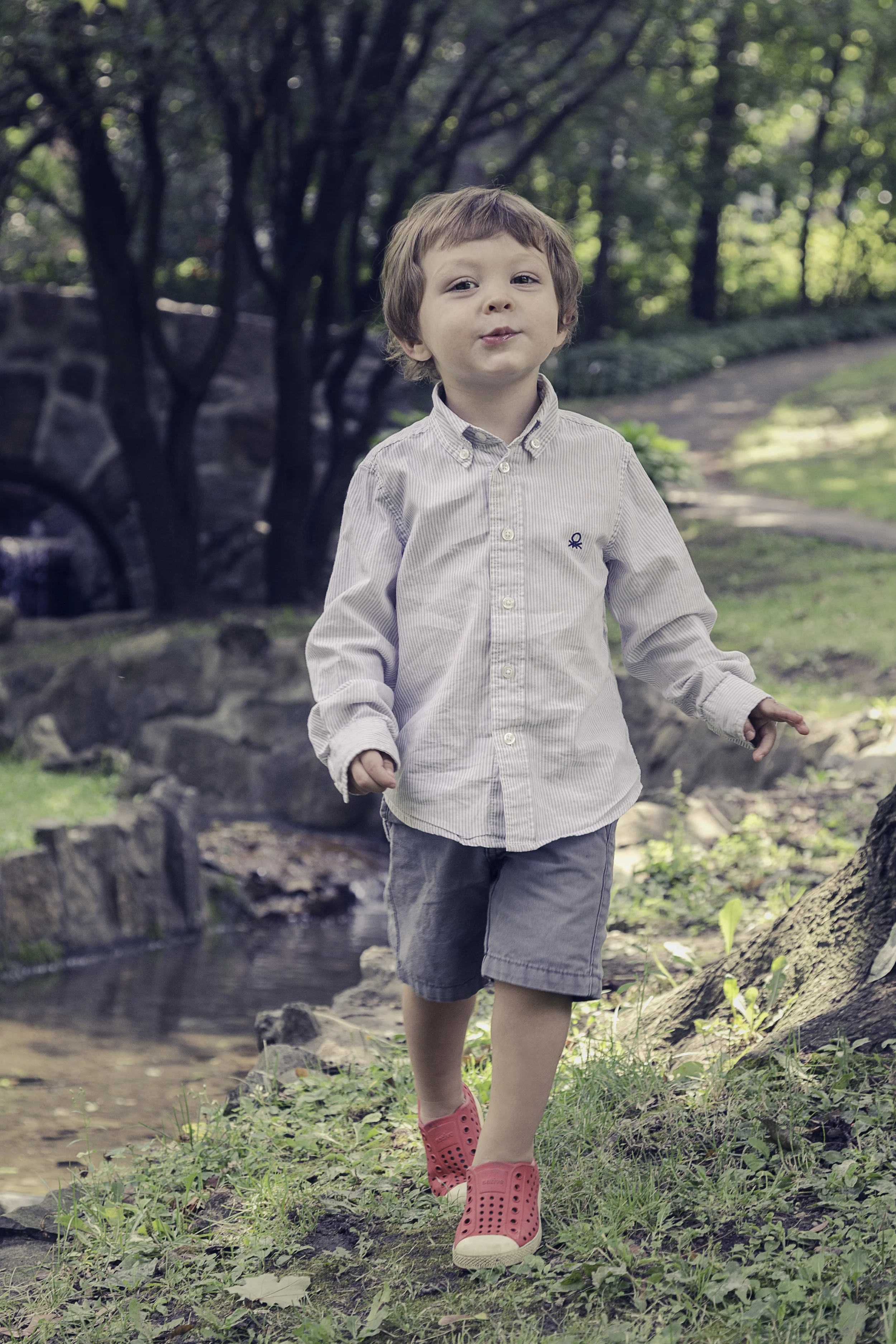I’m writing this as an introduction to a series of blog posts about freelancing and creative entrepreneurship and solopreneurship that I will be publishing. I’ve noticed lately that I keep being asked for advice on the topic and I realized that people need real life tips (not just general practices) to help them with their own businesses. And I am happy to help. I guess having a business degree gives me more knowledge and understanding to properly organize my freelancing business. So if you’re thinking of doing a career change to freelancing, or you’re simply looking for help juggling the multiple hats of solopreneurship, keep reading and keep following my blog.
What follows is a list of steps that I took in my path as a freelancer, more or less in chronological order. I will expand on some of these in my future blog posts:
1. I had been working on switching careers for a while. I initially invested in professional photo gear, then I started preparing financially. When I quit my job I had enough savings for a well-deserved time off and to smooth my transition. I cannot emphasize enough how important having a financial cushion is. If you’re planning to do a similar career change, make sure you either have a consistent amount of clients lined up or a solid savings account.
2. Register your business: this is one of the first things I did after quitting my job. In Quebec you can work as a freelancer without having a registered business, as long as you are using your own name. So in my situation, my name in my ID’s is Teodora Chirila, but I really wanted to use my nickname Tora. In order to use Tora Chirila, or Tora Photography I needed to register with Registre des Entreprises, which was a really easy process. You follow this link, you fill in all the information (the form is available in French only), you pay $34 (annual fee) with your credit card and it’s done. As part of the same process you register your business name. In Quebec you have to register a French name & they allow you to also register a translation in other languages for the same name. So in my case, I had to register my business as Tora Photographie and the English name Tora Photography as a translation of that name which I am using. I did call several times before registering and I asked and explained clearly that Tora Photography is what’s in my logo, and they seemed to be totally fine with the use of English, as long as what I register as the main name is the french version. If you only need to register a French name, it’s easy. If you want to use English branding it gets more complicated and I advise you to give them a call.
3. Social Media: If there is something I wish I had done much more earlier was solid social media marketing. It’s slow building but it’s very time consuming, so unfortunately I only had the time to invest in this after I quit my full-time job. Even though I’m focused mainly on Instagram & Facebook, i also have Linked In, Twitter & Pinterest. I tried a few others (more niche) such as Behance, 500px, Model Mayhem but it’s getting too much to juggle so I almost never go on those websites anymore. (More on this topic in a future blog post)
4. Set up contracts, invoices & base pricing: This is generally one of the most challenging parts of a freelancing business, and it was challenging enough for me as well. The contracting part was easy though. My previous business education & business law classes I had taken helped me with this + in photo school they actually taught us how to do a photo contract. I just designed a template for myself, included some standard clauses & the rest is on a case by case basis. Depending on the industry you work in, I suggest doing a solid research on standard contracts and see what must be included in your contract. For photographers, CAPIC and ASMP offer really good resources. The pricing part is very complicated though and it’s a very case by case situation. (More on this topic in a future blog post)
5. Logo & Business cards: I designed my logo myself (but I’m thinking of working with a designer on a new one; if you’re a designer, contact me). But don’t get stuck on the logo design (like i did), and procrastinate launching your social media or printing your business cards. Talk to a designer, or buy something from a website such Fiverr or Creative Market. I ordered my business cards from Vistaprint and I recommend them. They’re fast, they always have sales (don’t order full price, wait for a sale) and their customer service is really good. To see their products/paper you should order a free sample package before ordering your actual cards. I also considered MOO, but they are much more expensive. I did order a sample package from them and they do offer really nice quality, but it’s pricey.
6. My website: I had a website & a domain for a while but at one point last year I redesigned it. My website is with Squarespace, so I was able to do everything myself. I’m happy with Squarespace but nowadays there are so many website solutions out there. Do your research and invest in something professional looking. It will pay off (I’m telling you from my own experience) (More on this topic in a future blog post)
7. Home office: Since I am working from home, it was really important to me to have a dedicated office workspace and a studio. It was a longer process, but I pretty much had to redesign the whole layout of the place around my office and studio.
8. Accounting: having a system of actually recording and keeping track of your revenues & expenses is really important, not to mention required by law if you’re a registered business (No, not a shoebox!). I tried a few options (Excel, Quickbooks, management software). I’ll expand on this topic in my next blog post.
9. Networking: this is something that I did instinctively. I really liked the Creative Mornings concept so I started attending, then getting involved more and more. And if Creative Mornings is not for you, nowadays there are so many networking events you can easily find on Facebook, from all sorts of industries. You just need to do some research. And you will see results, maybe not right away, but it’s really important to go out and meet people. (More on this topic in a future blog post)
10. Collaborations with other creatives: This one was a big one for me; that’s how I started doing makeup. My personal projects are generally collaborative projects. Whatever your field of work is, I really recommend creative collaborations; this will help keep you inspired and it’s also good networking.
I will be releasing more blog posts on the topic of freelancing in the upcoming weeks. Keep following my blog. And if there are other topics you’d like me to address or you have questions, please let me know in the comment section below.
Cheers,
